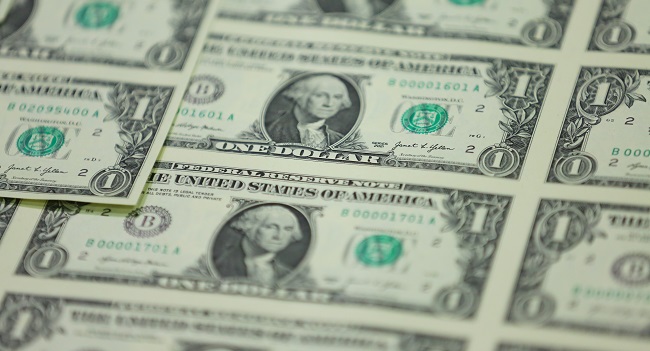Ethiopia has ordered banks to deny foreign currency to businesses importing non-priority goods, in an effort to shore up dwindling foreign reserves in one of Africa’s major economies.
The move effectively freezes the import of dozens of items such as alcohol and cars, as businesses must register with banks to obtain the foreign currency needed to bring goods into the country.
In a letter to Ethiopia’s central bank, the Ministry of Finance said it had become necessary to restrict the use of foreign currency to importing food, medicine and medical equipment, and raw materials for manufacturing.
“Therefore… we are sending a list of goods that will not be allowed forex for an indefinite period of time,” said the letter posted Saturday on the Twitter account of Industry Minister Melaku Alebel Addis.
The list of some 40 products includes vehicles and motorcycles to wall clocks, umbrellas, carpets and soaps, alcohol, perfumes and cigarettes.
No recent public figures are available regarding Ethiopia’s reserves of foreign currency.
In late March, the National Bank of Ethiopia indicated reserves had fallen to $1.6 billion at the end of 2021, covering less than 2 months worth of imports, according to local newspaper the Reporter.
A largely importing country, Ethiopia is in structural shortage of foreign currency”, the French Treasury said in a periodic bulletin this month.
Ethiopian authorities have also recently tightened laws on foreign currency holdings for individuals and businesses, and banned all foreign currency transactions in Ethiopia.
There was also a crackdown this month on the black market exchange of foreign currency, where the US dollar can fetch almost twice the official exchange rate amid a surge in demand.
The central bank also announced this month it had blocked nearly 400 bank accounts believed linked to illicit currency trading, and promised financial rewards to those who denounced players in the parallel market.
AFP





